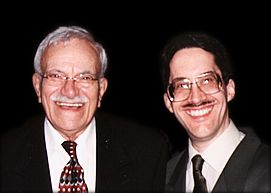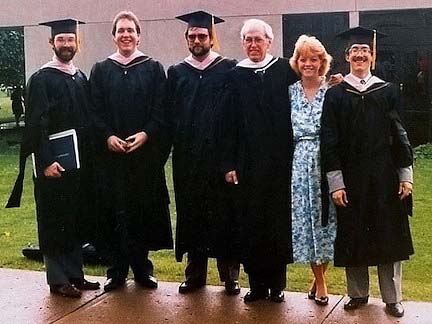
|
|
 |
 |
 |
 |
|
Delight
|
Inspire
|
Direct
|
Annoy
|
 |
|
Delight
|
 |
|
Inspire |
 |
|
A morning view while on a walk in the bush of South Africa. Photo credit: Antonio García |
 |
|
A view of a Puerto Rican beach at sunset. Photo credit: Antonio García |
 |
|
Direct |
 |
|
Sammy
Nestico and friend
|
 |
|
1.
|
It ain't as bad as you think. It will look better in the morning. |
|
2.
|
Get mad, then get over it. |
|
3.
|
Avoid having your ego so close to your position that when your position falls, your ego falls with it. |
|
4.
|
It can be done! |
|
5.
|
Be careful what you choose. You may get it. |
|
6.
|
Don't let adverse facts stand in the way of a good decision. |
|
7.
|
You can't make someone else's choices. You shouldn't let someone else make yours. |
|
8.
|
Check the small things. |
|
9.
|
Share credit. |
|
10.
|
Remain calm. Be kind |
|
11.
|
Have a vision. Be demanding. |
|
12.
|
Don't take counsel of your fears or naysayers. |
|
13.
|
Perpetual optimism is a force multiplier. |
 |
|
Annoy |
Previous editions of Antonio García's periodic E-Newsletter can be found on the Downloads page. To subscribe, e-mail him.)
 |